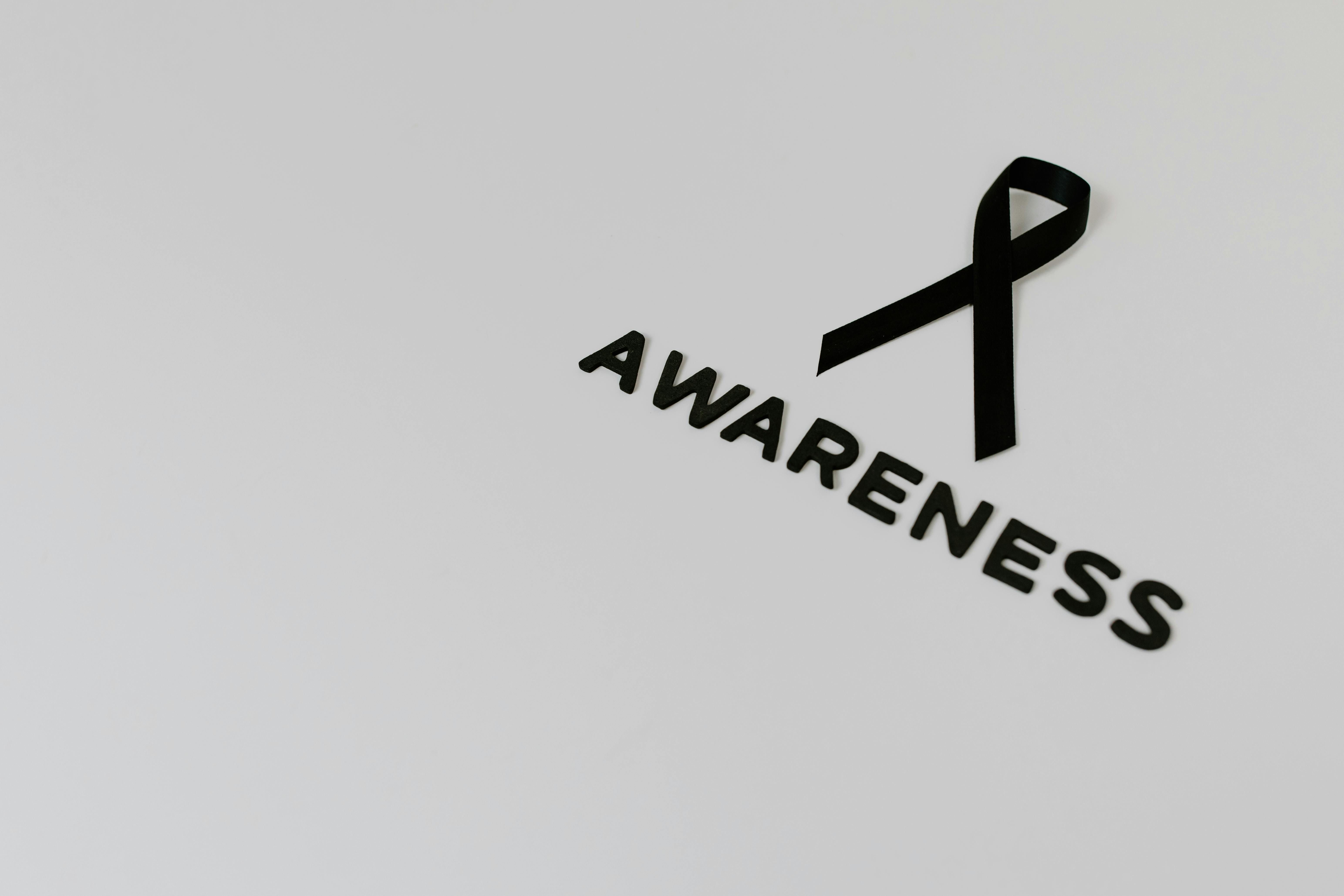World Bipolar Day
Each year on March 30th, the world marks World Bipolar Day, a day dedicated to raising awareness about bipolar disorder and challenging the stigma surrounding it.
The date was chosen in honor of Vincent van Gogh, the legendary artist believed to have had bipolar disorder.
This year’s theme, "Bipolar Strong," highlights the resilience, unity, and strength of those living with bipolar disorder.
What is Bipolar Disorder?
Bipolar disorder is a mental health condition that causes extreme shifts in mood, energy, and activity levels.
These mood swings range from manic episodes (where a person may feel overly energetic, euphoric, or impulsive) to depressive episodes (characterized by deep sadness, fatigue, and hopelessness).
It’s more than just being moody, it’s a serious condition that requires understanding and support.
Types of Bipolar Disorder
Bipolar disorder comes in different forms, each with its own pattern of mood changes. While all types involve shifts between high-energy (mania or hypomania) and low-energy (depression) states, the intensity and duration vary. We have simplified it for easy assimilation.
1. Bipolar I Disorder: The Extreme Highs and Lows
This type is known for intense mood swings. A person with Bipolar I experiences:
- Manic episodes that last at least a week. During this time, they may feel unstoppable—talking fast, sleeping less, taking risks, or having racing thoughts.
- Depressive episodes that last for weeks, bringing deep sadness, lack of motivation, and exhaustion.
Sometimes, people may go through mixed episodes, where symptoms of both mania and depression show up at the same time, making emotions even more overwhelming.
2. Bipolar II Disorder: The Subtle but Serious Shifts
Bipolar II is often misunderstood because it doesn’t involve full-blown mania. Instead, it includes:
Hypomanic episodes; a less intense form of mania where a person feels energetic, confident, or highly productive but not out of control.
Depressive episodes which are often longer and more severe than in Bipolar I.
Because hypomania can feel like a "good mood," many people don’t realize they have Bipolar II until the depressive phases become overwhelming.
3. Cyclothymic Disorder: The Rollercoaster of Moods
Imagine going through frequent mood swings, but none quite severe enough to be called full mania or deep depression. That’s cyclothymic disorder, a pattern of ongoing emotional ups and downs that lasts for years.
The highs aren’t extreme, but they may cause restlessness or impulsive behavior.
The lows aren’t as deep, but they can still make daily life hard. Some people describe it as "always feeling a little too up or a little too down" without ever reaching full stability.
4. Other Forms of Bipolar Disorder
Not everyone fits neatly into these categories. Some people have bipolar symptoms caused by medication, substance use, or other health conditions. These cases are still serious and need attention, even if they don’t follow the typical patterns.
Many people think bipolar disorder is just about being "happy one moment and sad the next." But as you can see, it’s more complex than that.

Breaking the Stigma
Bipolar disorder is often misunderstood, and this fuels harmful stereotypes. Let’s clear up some of the most common misconceptions:
1. "People with bipolar disorder are crazy."
No. They are individuals managing a medical condition, just like anyone with diabetes or hypertension.
2. "They’re just moody."
Bipolar disorder is not about having mood swings from a bad day. The episodes are severe, prolonged, and disruptive to daily life.
3. "They should be locked up."
A dangerous assumption. Many people with bipolar disorder live fully functional lives when they have access to treatment and support.
4. "They can’t lead a normal life."
Untrue. With the right treatment, self-care, and support system, people with bipolar disorder can thrive in their careers, relationships, and personal goals.
5. "You can just snap out of it."
Bipolar disorder is a medical condition, not a choice. Telling someone to "just be positive" or "try harder" oversimplifies the reality of the disorder.
Managing Bipolar Disorder

Living with bipolar disorder is not a death sentence, it’s a condition that can be managed with the right approach. Some treatment options include:
- Professional Help include Therapy (like CBT), medication, and psychiatric support.
- Lifestyle Changes: Healthy routines, stress management, and sleep regulation.
- Support Systems: The role of family, friends, and community in offering encouragement and understanding.
How to Support World Bipolar Day
You don’t need to be directly affected by bipolar disorder to make a difference. Here’s how you can help:
1. Support Tranqbay by sharing this article and spreading awareness.
2. Volunteer with mental health organizations that advocate for bipolar disorder.
3. Participate in awareness events such as online campaigns, discussions, or local gatherings.
4. Be compassionate by listening, learning, and supporting those living with bipolar disorder.
Conclusion
Bipolar disorder doesn’t define a person. Awareness and understanding can change lives. This World Bipolar Day, let’s commit to educating ourselves, supporting those affected, and breaking the stigma.
Find the nearest physical and online therapist near you.
We’ve also included a step-by-step guide to assist you in booking your first session.
Disclaimer:
At Tranqbay, our goal is to enhance well-being by providing mental health care through expert services.
Our articles are carefully researched and verified for accuracy with insights from mental health professionals and reputable organizations.
They are designed for educational purposes and should not be considered a replacement for professional medical advice, diagnosis, or treatment.



